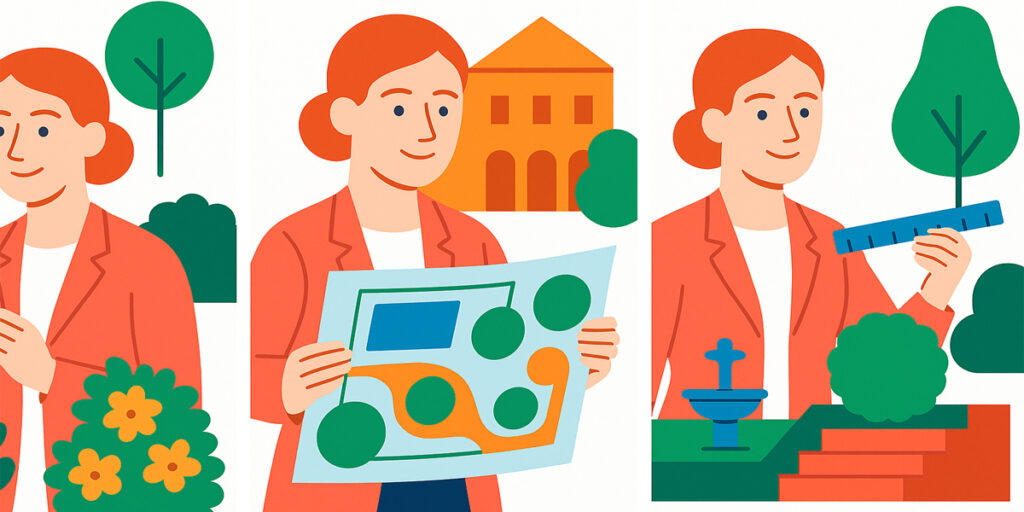Beneath the wide skies of Pennsylvania, where quiet rivers carved paths through green hills, a little girl grew up with a heart tuned to the rhythms of nature. Rachel Carson was not loud. She was not one to chase attention or applause. Her world was full of wonder—birds in flight, waves on the shore, the mysterious hum of life beneath the surface of the sea. As the world grew noisier with engines, chemicals, and crowds, Rachel listened closer to the whispers of the earth. She carried her notebook and pencil, not to control the world, but to understand it. And what she wrote would change everything.
Rachel’s journey began in a home filled with stories. Her mother nurtured her curiosity with poems and nature walks, showing her that every leaf, every bird, every drop of rain had a story waiting to be told. This gentle encouragement became the foundation of Rachel’s strength. She did not seek to conquer nature. She wanted to learn its language.
When she grew older, Rachel followed her love of science to college, choosing to study biology when few women dared. In lecture halls and laboratories, she listened carefully, but her heart always returned to the sea. The ocean called to her with its vastness and secrets. It wasn’t just the water that moved her—it was the life inside it. Creatures hidden in darkness, shaped by time and tides, taught her that nature was not just a background for human life—it was life itself.
Rachel worked quietly, first for the government, writing about fish and tides, trying to teach people to care about the deep blue world. Her reports were full of facts, but also beauty. She had a gift—she could make science sing. Her writing was not just smart. It was lyrical, powerful, unforgettable.
She wrote books about the ocean—Under the Sea-Wind, The Sea Around Us, The Edge of the Sea. Each one was a love letter to the natural world, filled with awe and respect. Readers began to see what she saw: a world full of delicate patterns and ancient rhythms that humans barely understood. Her voice grew stronger. People listened. But it was her final book that would echo the loudest.
Silent Spring.
The title alone whispered a warning. What if the birds no longer sang? What if spring arrived with no music in the trees? What would that silence mean?
Rachel had discovered something terrifying. Pesticides—especially a chemical called DDT—were not just killing insects. They were poisoning birds, rivers, and even human bodies. These chemicals, meant to protect crops, were silently destroying the balance of nature. Farmers were promised miracles. But what they didn’t see was the slow unraveling of the web of life.
She gathered facts. She talked to scientists. She studied research and reports. Then she told the story not with fear, but with truth. Clear, brave, and full of heart. Her book explained how everything in nature is connected. What touches one part touches all. You cannot poison the earth and remain untouched.
The book was met with storms. Some called her hysterical. Others tried to discredit her. The chemical industry fought back with all its might. But Rachel stood firm, not with anger, but with calm determination. She did not shout. She let the truth speak. And the truth was louder than any insult.
Silent Spring was more than a book. It was a mirror. It showed a world on the edge and asked people to choose: continue down a path of carelessness, or begin to protect the only home we have.
People began to wake up. Laws changed. DDT was eventually banned in many countries. Environmental protection agencies were formed. The word “ecology” entered everyday conversations. Earth Day was born. And behind all this was a quiet woman with a deep love for life in all its forms.
Rachel never wanted fame. Her only wish was that people would see what she saw. That every bird, every flower, every breath of wind mattered. That we are not separate from nature—we are part of it.
Even as illness began to touch her life, she kept writing. Kept hoping. Kept sharing. Cancer may have weakened her body, but never her spirit. She once wrote, “Those who dwell among the beauties and mysteries of the earth are never alone.” And that was the truth of her life. In every tidepool, every forest, every whisper of spring—she was there, and always will be.
Rachel Carson left behind no empire, no riches. But her legacy is etched into the soil, sung by the birds, and carried by the wind. She gave the world a new way to see—to feel—to care. She reminded us that the earth is not ours to dominate, but to cherish. Her courage lit a flame that continues to burn in the hearts of every scientist, activist, and child who stops to wonder.
She didn’t shout. She wrote. She whispered. She listened. And in doing so, she woke the world.
Would you like a printable illustrated version of this story in the style you’ve been using?




















